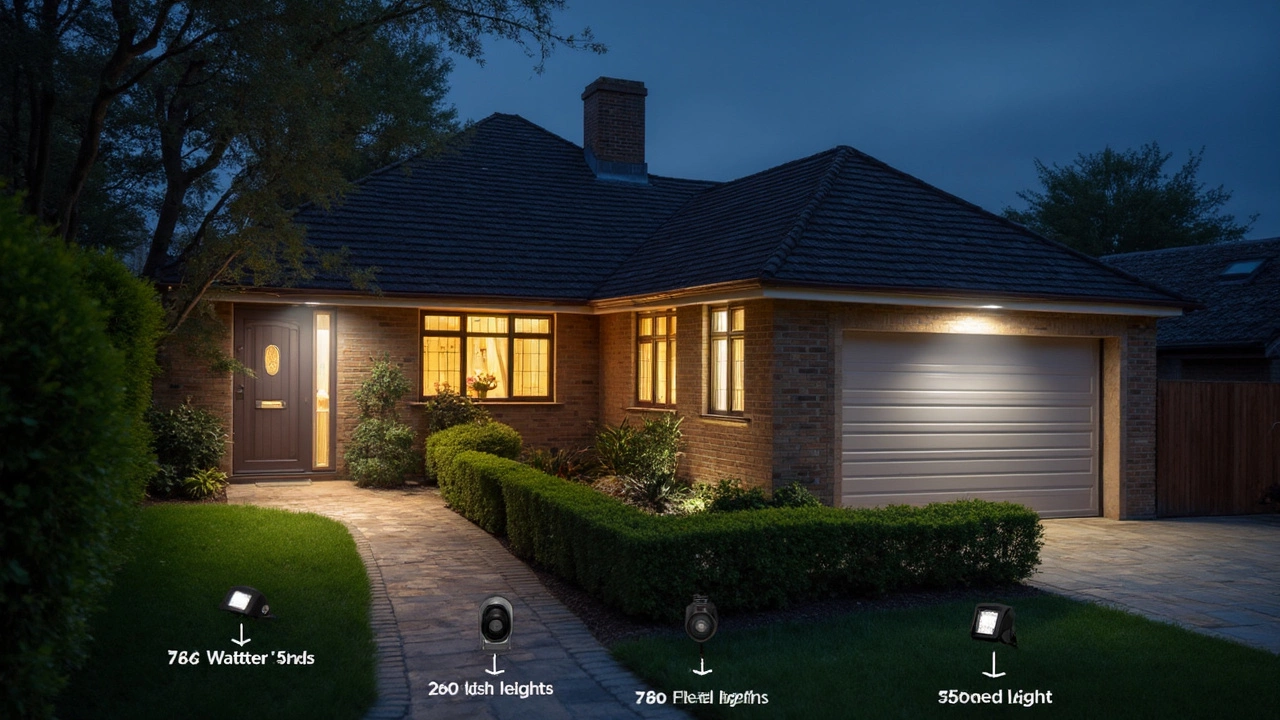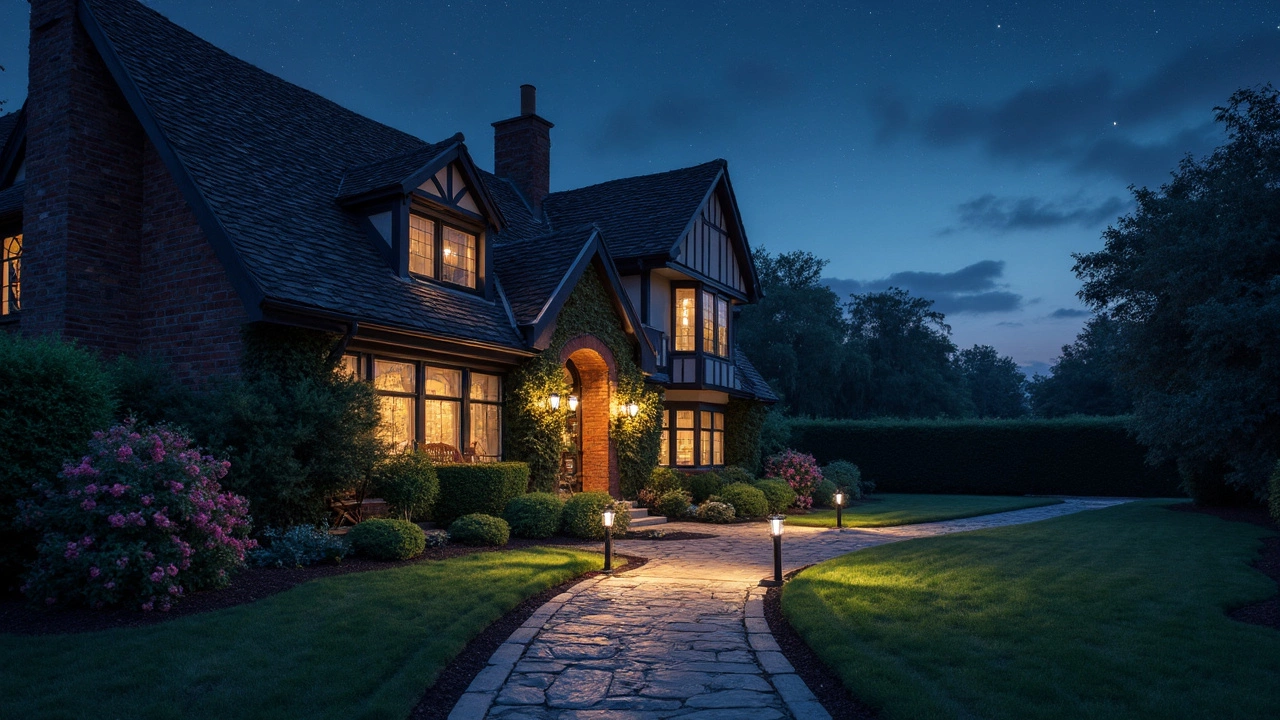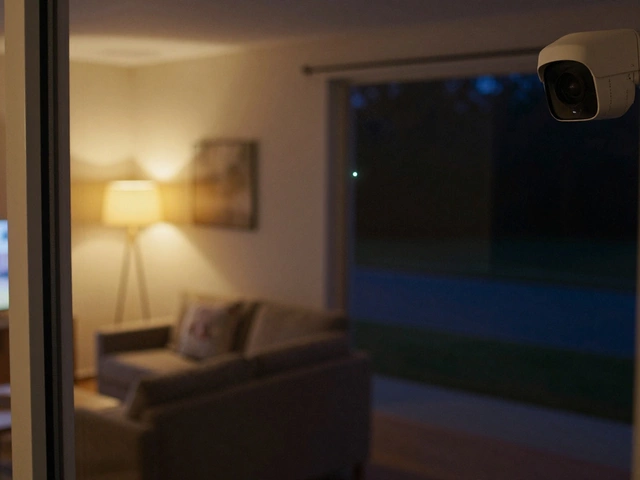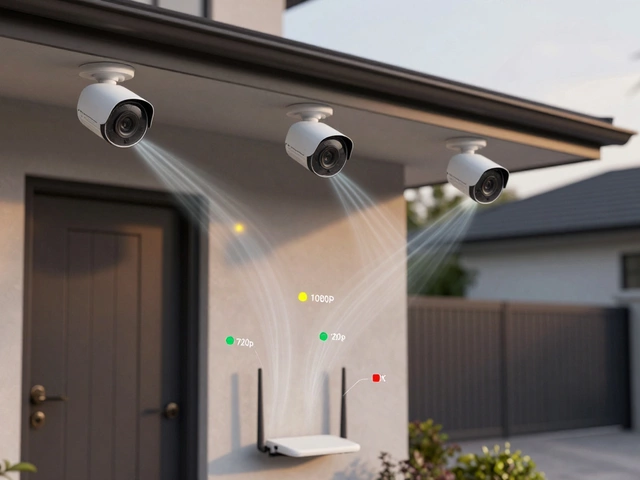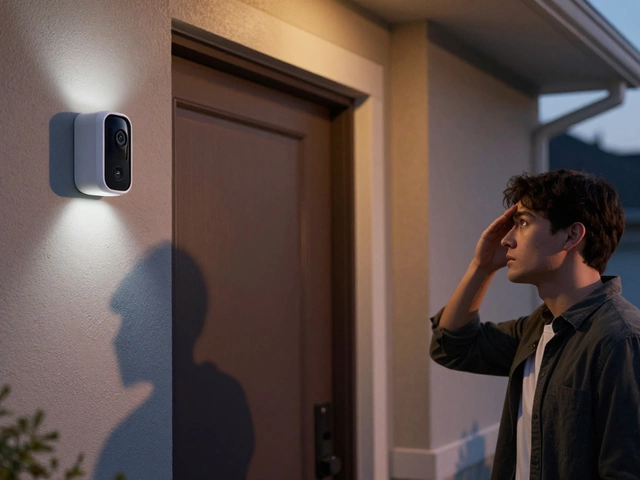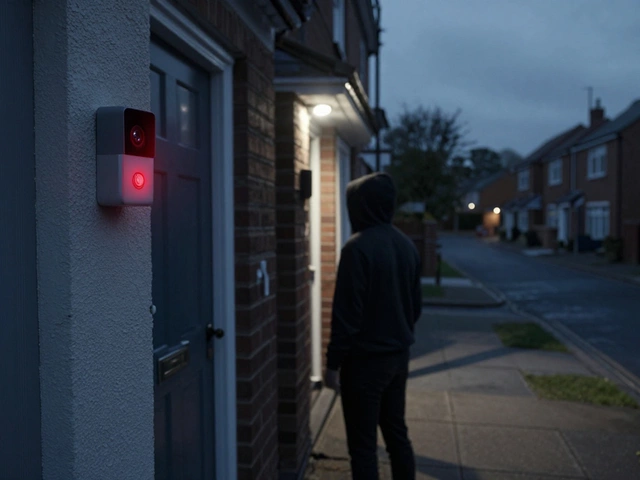Energy Efficiency Made Simple for Your Home Security
Ever wonder if your alarm system or security cameras are chewing up electricity for no reason? You don’t have to choose between safety and lower bills. With a few smart tweaks you can keep burglars out and keep your energy use down.
Pick Low‑Power Devices Right From the Start
When you shop for a new camera or motion sensor, look at the wattage rating. Modern PIR (passive infrared) sensors often draw less than 1 watt, while older microwave sensors can be a handful higher. Choosing a dual‑tech sensor that only powers the microwave part when motion is detected can cut waste dramatically.
Battery‑run doorbell cameras are popular, but they still need to charge. A wired model that uses a 12‑V transformer will usually stay on a steady, low‑current draw, which means the battery doesn’t have to work overtime. If you already have a wired doorbell, stick with a wired or hybrid camera to avoid extra charging cycles.
Use Smart Scheduling and Motion‑Based Recording
Most security apps let you set active hours. If you’re at work from 9 am‑5 pm, tell the system to record only on motion during those hours. That prevents the camera from streaming video 24/7 and slashing your power use. Some newer cameras even switch to a low‑power “standby” mode when they sense no motion for a set period.
Don’t forget to adjust your alarm’s chime volume. A louder chime can require a bigger speaker and more power. Lower the volume just enough to hear it from the main living area, and you’ll shave off a few watts without sacrificing alert quality.
Another easy win: turn off Wi‑Fi on devices that don’t need constant connectivity. A wired alarm panel that talks to the monitoring centre via a secure line uses less energy than a wireless panel that’s constantly pinging your router.
Finally, keep firmware up to date. Manufacturers often release patches that improve power management. Skipping updates can leave your devices stuck in an older, less efficient mode.
By picking low‑power gear, scheduling smarter recordings, and staying on top of updates, you can make your home security system run greener and cheaper. The effort takes just a few minutes, but the savings add up month after month.

